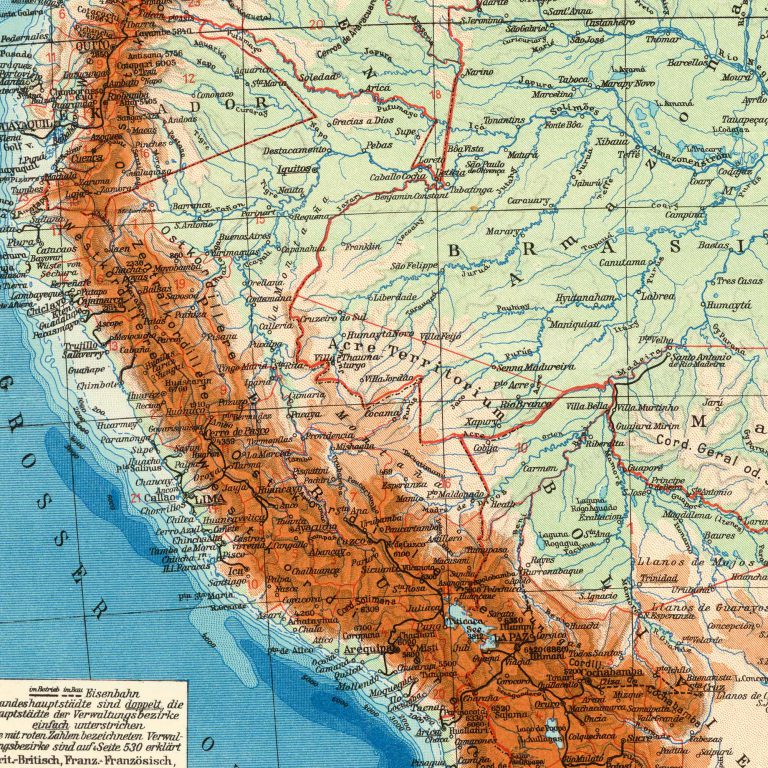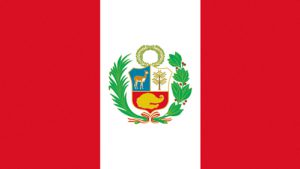
Peru
Policy on Immigration and Refugees
Peru is a rather unattractive immigration goal for Europeans; consequently, until the early 1930s there are no immigration restrictions. In 1933, following civil war-like conditions, the right-wing candidate, General Óscar Raimundo Benavides, becomes president, serving through 1939. He appoints José de la Riva Agüero, a prominent fascist, as prime minister, suppresses political opposition and pursues an extremely pro-German foreign policy, which only ends under his successor, Manuel Prado, in 1939.
Benavides also changes Peru’s approach to immigration. No longer are European Jews recruited; instead, nationalism dominates. As of 1933, the government requires immigrants to bring a specific minimum amount of capital with them. In 1936 new restrictions are added, including a quota system and a ban on the immigration of “racial groups.” Moreover, all companies must now have at least 80 percent Peruvian employees. This new regulation – mainly aimed at curbing Asian immigration – is deemed important to Peru’s national interests.
Meanwhile, Peru’s Jewish communities have been campaigning for the admission of Jewish refugees from the Nazi regime; in 1935, they establish a society for the protection of German-speaking Jews. The founding of new Jewish organizations and congregations seems proof of a relatively unrestricted Jewish life. But xenophobia and antisemitism are a problem, especially among representatives of Peru’s business community. Shortly after the Évian Conference, the Benavides government’s Foreign Ministry instructs diplomats and consulates to stop issuing visas to people who identify themselves as Jews. According to the document, which is dated September 9, 1938, this concerns all persons “known to be of Jewish origin, whether on the basis of their name, ethnic characteristics or any verifiable information.”
Individual Jews try but fail to convince the government to welcome Jewish refugees in the framework of an agricultural colonization project. Due to the 1938 ban on immigration, very few Jews reach the country. Even before this ban, Peru has served primarily as a transit country for Jewish refugees on their way elsewhere.
Delegation
Francisco García Calderón Rey
* 8 April 1883 Valparaíso/Chile † 1 July 1953 Lima/Peru
Francisco García Calderón adds his mother’s surname, Rey, to his in order to distinguish himself from his father of the same name, a prominent lawyer and professor who was president of Peru for several months in 1881.
After studying law, Calderón joins Peru’s public service; he works in the ministry of housing, acts as president of the constituent assembly in his home province and helps craft the final settlement of the Chilean-Peruvian conflict.
Finally, he becomes Peru’s ambassador in Belgium. In Europe, he writes numerous works on the history of Latin American democracies. In his 1916 book “Latin America – Rise and Progress,” he analyzes the restrictive impact of the “Monroe Doctrine” on the foreign-policy capacity of Latin American countries. Starting in 1930, he represents Peru as ambassador in France and as representative to the League of Nations in Geneva; in the latter capacity, he participates in the Évian Conference in 1938. From 1940 on, he represents Peru as ambassador to the collaborationist Vichy regime.
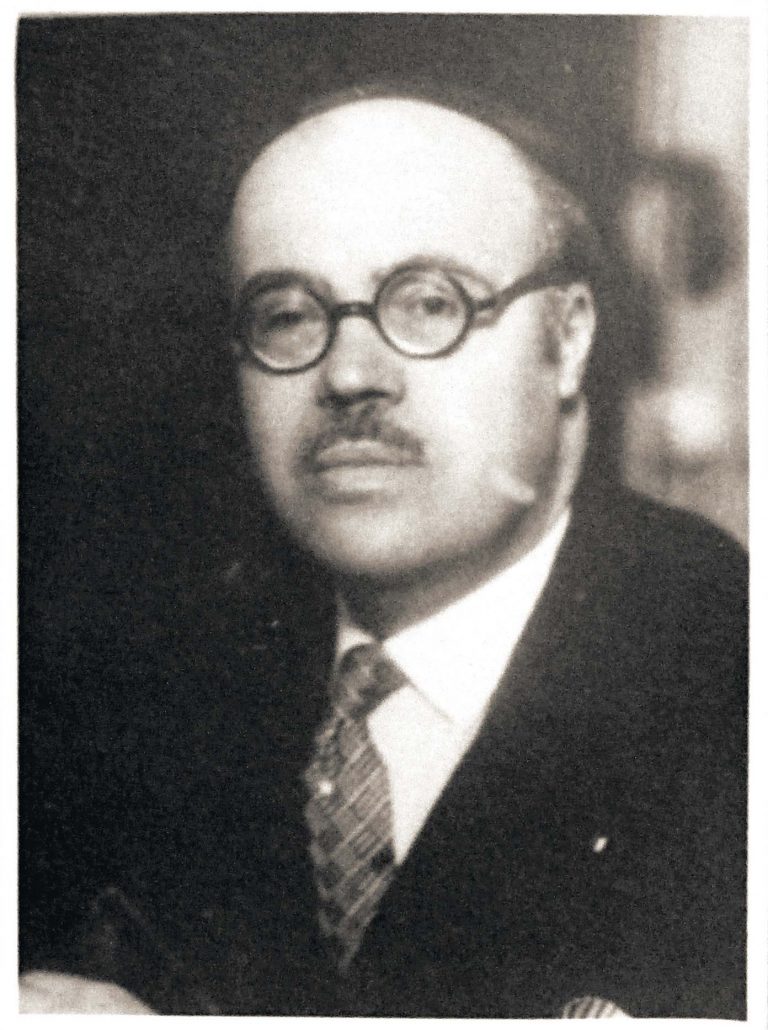
Francisco García Calderón Rey, ca. 1943
Schweizerisches Bundesarchiv, Bern, E2001E#10001571#468
Francisco García Calderón Rey, ca. 1943
Schweizerisches Bundesarchiv, Bern, E2001E#10001571#468
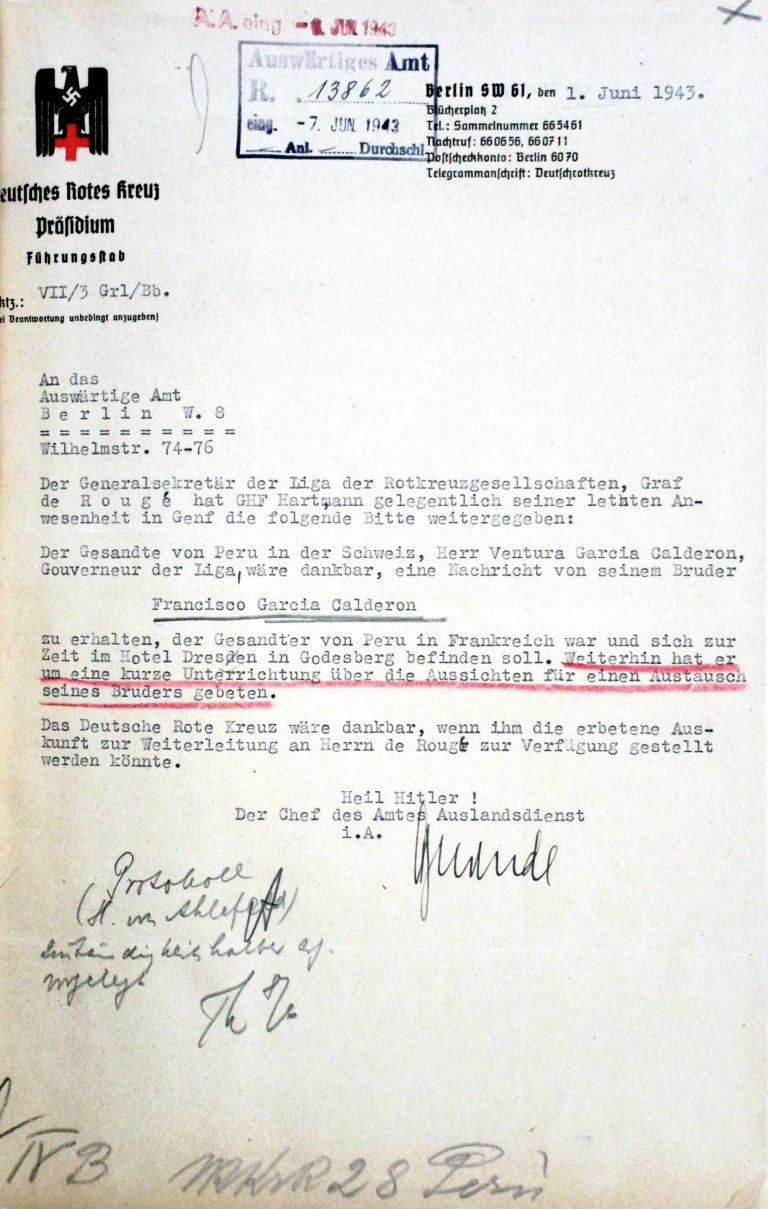
German Red Cross Committee to the Foreign Ministry, June 1, 1943
When Peru breaks off relations with the Axis powers, García Calderón is incarcerated together with other Latin American diplomats in a hotel in Bad Godesberg, Germany, where his health deteriorates drastically. His brother, Ventura – ambassador in Bern – manages to have him released; he travels with his wife to Switzerland in December 1943. After regaining his health, Calderón is threatened with revocation of his Swiss residency permit. The Peruvian government quickly appoints him to succeed his brother as ambassador in Bern. García Calderón does not return to Peru until after the end of World War II.
Auswärtiges Amt/ Politisches Archiv, Berlin, R 41463
German Red Cross Committee to the Foreign Ministry, June 1, 1943
When Peru breaks off relations with the Axis powers, García Calderón is incarcerated together with other Latin American diplomats in a hotel in Bad Godesberg, Germany, where his health deteriorates drastically. His brother, Ventura – ambassador in Bern – manages to have him released; he travels with his wife to Switzerland in December 1943. After regaining his health, Calderón is threatened with revocation of his Swiss residency permit. The Peruvian government quickly appoints him to succeed his brother as ambassador in Bern. García Calderón does not return to Peru until after the end of World War II.
Auswärtiges Amt/ Politisches Archiv, Berlin, R 41463
Conference Contributions
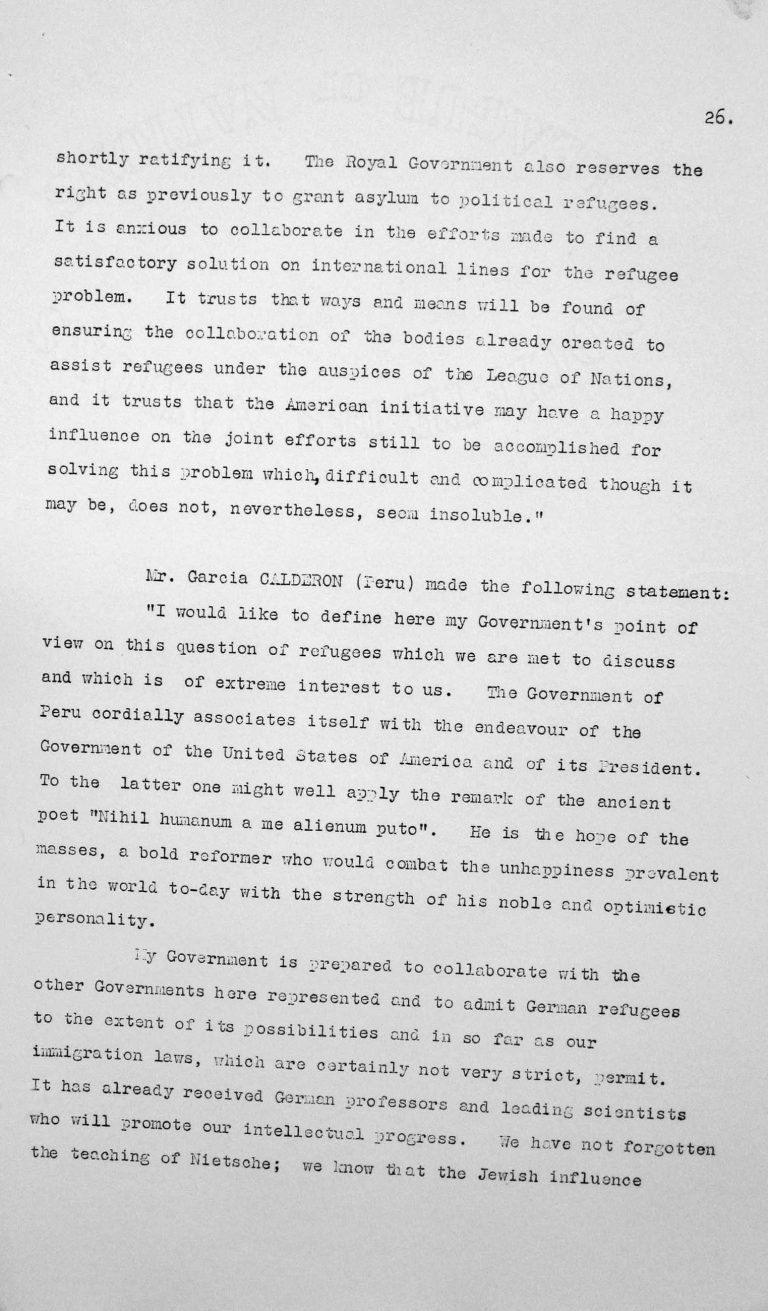
Statement by Francisco Garcia Calderon Rey (Peru) in the public session on July 9, 1938, p. 1/4
Franklin D. Roosevelt Library, Hyde Park, NY
Statement by Francisco Garcia Calderon Rey (Peru) in the public session on July 9, 1938, p. 1/4
Franklin D. Roosevelt Library, Hyde Park, NY
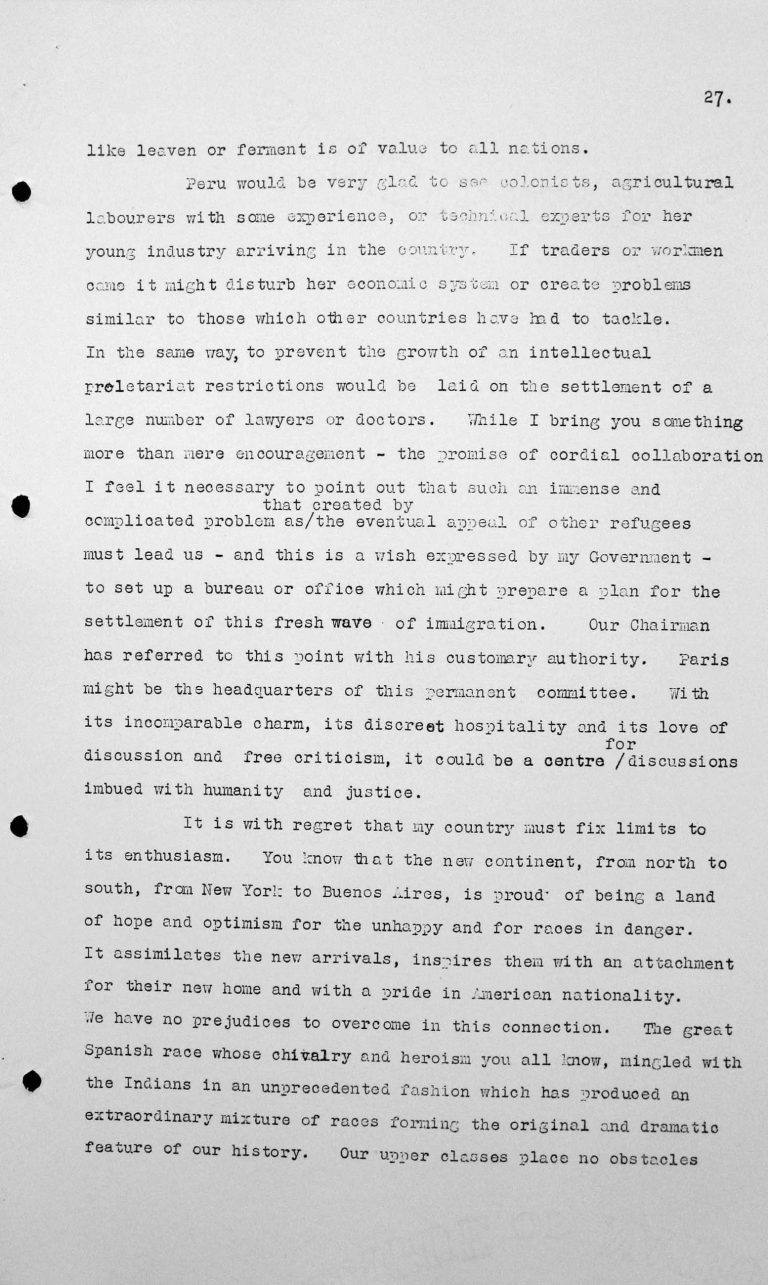
Statement by Francisco Garcia Calderon Rey (Peru) in the public session on July 9, 1938, p. 2/4
Franklin D. Roosevelt Library, Hyde Park, NY
Statement by Francisco Garcia Calderon Rey (Peru) in the public session on July 9, 1938, p. 2/4
Franklin D. Roosevelt Library, Hyde Park, NY
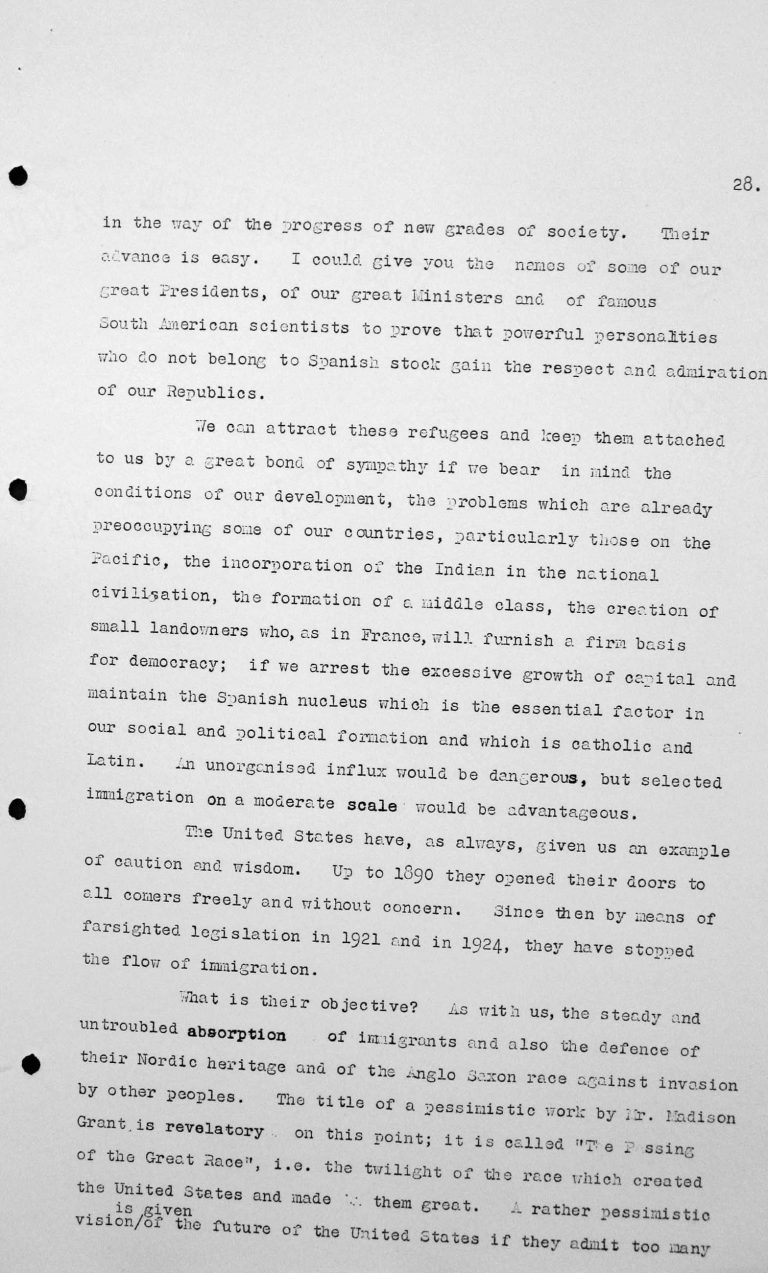
Statement by Francisco Garcia Calderon Rey (Peru) in the public session on July 9, 1938, p. 3/4
Franklin D. Roosevelt Library, Hyde Park, NY
Statement by Francisco Garcia Calderon Rey (Peru) in the public session on July 9, 1938, p. 3/4
Franklin D. Roosevelt Library, Hyde Park, NY
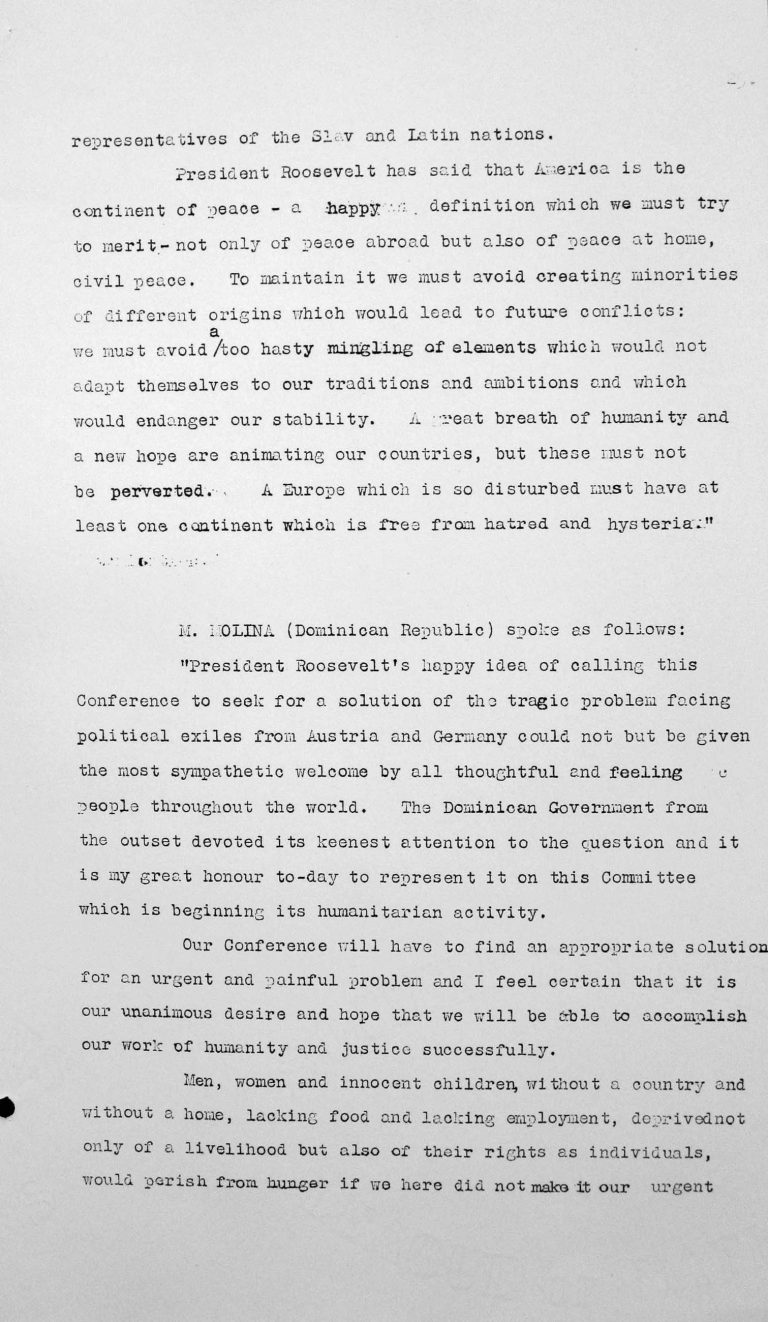
Statement by Francisco Garcia Calderon Rey (Peru) in the public session on July 9, 1938, p. 4/4
Franklin D. Roosevelt Library, Hyde Park, NY
Statement by Francisco Garcia Calderon Rey (Peru) in the public session on July 9, 1938, p. 4/4
Franklin D. Roosevelt Library, Hyde Park, NY
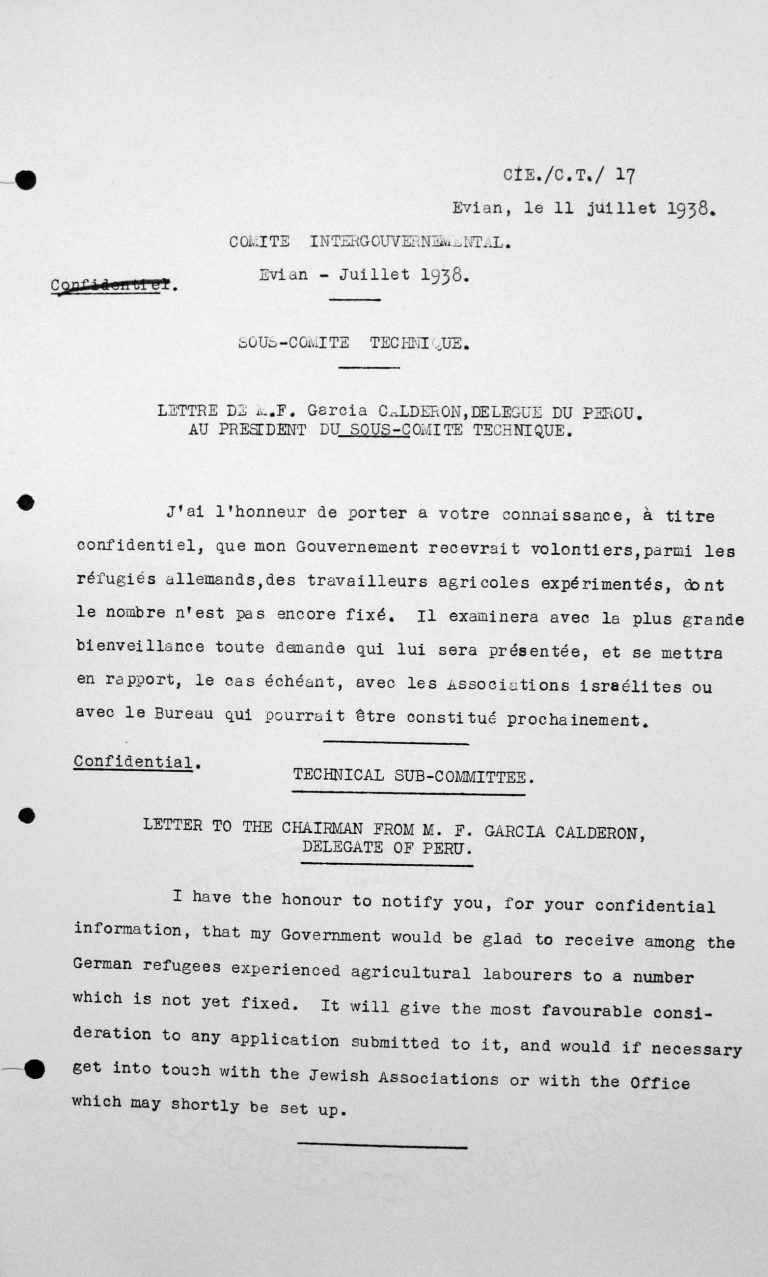
Letter by Francisco Garcia Calderon Rey, delegate of Peru, to the Chairman of the Technical Sub-Committee, July 11, 1938
Franklin D. Roosevelt Library, Hyde Park, NY
Letter by Francisco Garcia Calderon Rey, delegate of Peru, to the Chairman of the Technical Sub-Committee, July 11, 1938
Franklin D. Roosevelt Library, Hyde Park, NY
